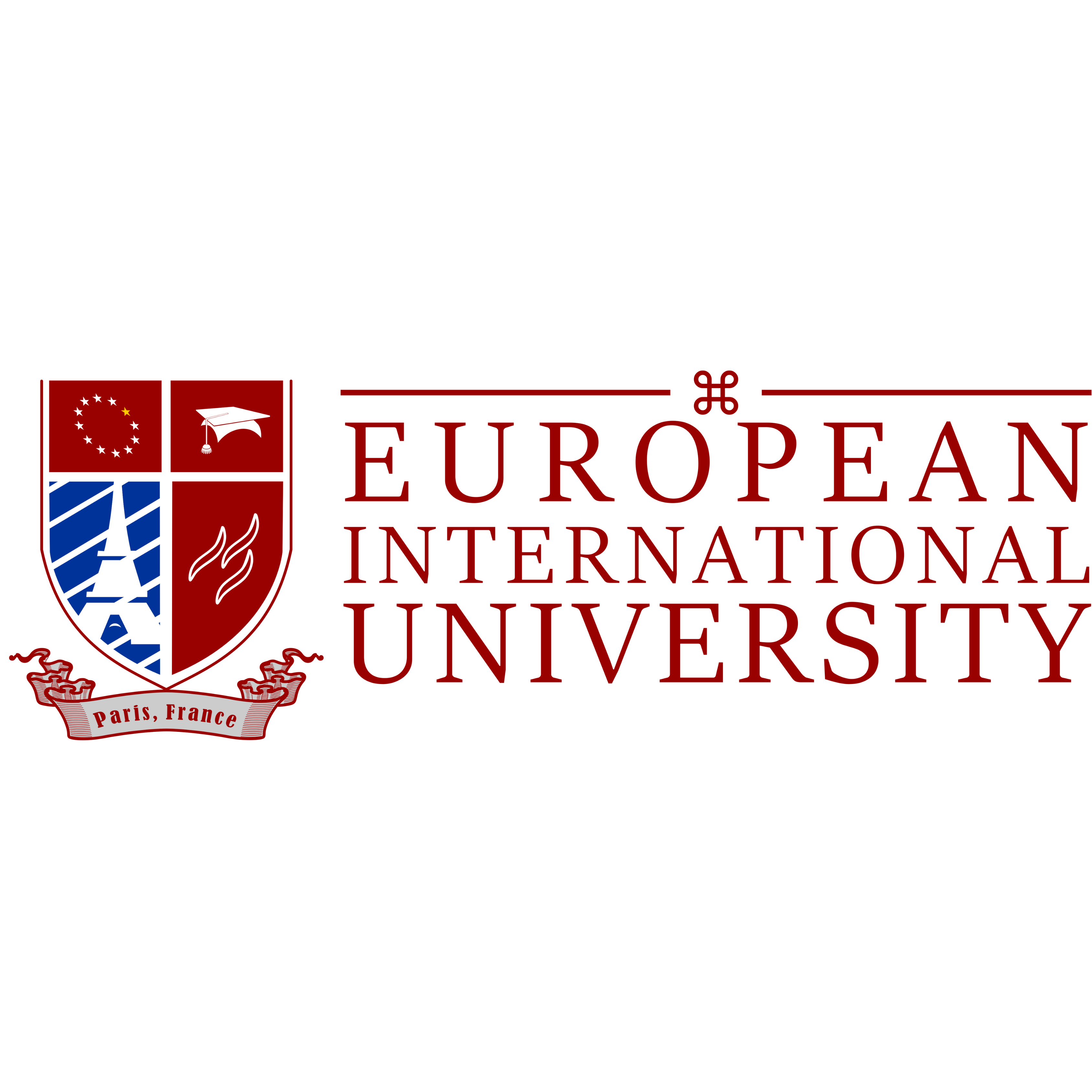
A Doctor in Curricula and Teaching Methods is a specialized doctoral program aimed at advancing the study and practice of curriculum design, instructional strategies, and educational assessment. This degree prepares scholars and practitioners to critically analyze, develop, and innovate educational programs and teaching techniques that respond to evolving learner needs and societal demands.
Candidates undertake rigorous research to explore effective curriculum frameworks, pedagogical theories, and instructional models across diverse educational contexts. The program emphasizes evidence-based approaches to teaching and learning, integrating technology, inclusivity, and cultural relevance in curriculum development. Graduates develop the ability to assess and reform curricula to improve educational quality and learner engagement.
This doctorate is ideal for education professionals aspiring to leadership roles such as curriculum specialists, educational consultants, teacher educators, policy makers, or academic researchers. Graduates contribute to shaping education systems by designing curricula that promote critical thinking, creativity, and lifelong learning skills.
Through dissertation research, candidates address real-world challenges in education, propose innovative solutions, and contribute new knowledge to the field. The program also fosters skills in educational leadership and change management, enabling graduates to drive reform initiatives at institutional or governmental levels.
Ultimately, a Doctor in Curricula and Teaching Methods empowers educators to enhance teaching effectiveness and learning experiences, ensuring education remains relevant, equitable, and impactful in an ever-changing world.